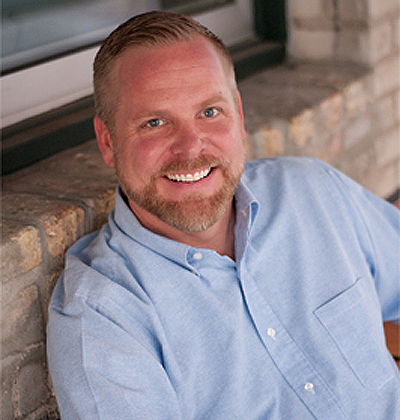“I should’ve jumped at the chance when I had it.”
“I can’t believe I messed the whole thing up.”
“It should’ve never happened. I wish I would’ve known better.”
Ever say these to yourself? So have I.
In the past when I was disappointed about a decision I’d made, I’d quickly blame myself for not choosing differently.
But how could I? If I didn’t have the same level of knowledge that I have now when I made that decision then, how could I have made any other choice?
I couldn’t. And I didn’t.
Then why start the blame game? What’s up with the stinkin’ thinkin’? Because doubt is a bad habit. And I often felt that when things went wrong, it was my fault and I had only myself to blame.
But not every condition is contingent upon our personal decisions and input—there are always many other factors at play in every outcome. And most other factors are usually things out of our control.
So how did I start accepting my decisions and myself? I learned to trust instead of doubt.
Trusting myself with my decisions boiled down to two conclusions: 1) I couldn’t change the past—what is done is done; and 2) I need to believe that every decision I make is, indeed, the right decision at that time—otherwise, I wouldn’t have made it. Right?
There it was. I could either accept my choices or reject them. I had a more immediate choice to make:
I either trusted myself or I didn’t.
If I didn’t trust myself, then whom could I trust? And who could trust me? That starts a slippery slope.
Trusting oneself is actually quite simple, but not necessarily easy—especially if we have a history of blaming and shaming ourselves for our choices. Trust always begins with you.
It’s time to upgrade your beliefs. If you’re going to step into your true power and potential, then trust you must.
Whether you consider your decisions to have been “good” or “bad,” you always have the choice to accept them or not. Accepting yourself means believing that you’re making the best choices in the moment—regardless of the outcome. Not accepting your decisions means that doubt rules out.
Trusting yourself becomes the counterbalance of doubt. And this even applies to the past. When you trust yourself, you not only love and accept yourself as you are, but also as you were.
In fact, some of our worst decisions teach us the most about ourselves. For without decisions with less-than-desirable consequences, how would we have the opportunity to learn what not to do? Plus, learning from our past choices reminds us that we can always choose again.
Feeling doubt and ready to get it out? Here are a few helpful tips to rebuild the relationship of trust with yourself:
Focus on yourself. Learn to be selfish in a good way. Self-focus and self-care aren’t luxuries, they’re essential. Our natural state is one of well-being and balance, and when we reconnect with these energies within us, trust comes easily.
Give yourself a break. Life can be tough enough already without beating yourself up. Chill out, learn to trust your gut, and support yourself and your decisions unconditionally. If you can’t believe in yourself, who can?
Lost your groove? Get it back. Feeling down on yourself? Doubting your thoughts? It’s time to get yourself back. You can lose yourself in worry and doubt, but when you recover your sense of self, you regain your confidence—and confidence is the biggest benefit of trusting yourself.
Easy does it. As in any relationship, building trust takes time. And even though this relationship is with you, it’s still a relationship. You’ve been around for a while and you know a lot about yourself. Now just learn to trust your ideas. Try baby steps. And then once you’ve gotten the hang of it, trust comes easier each time.
Now find your words. Learning to talk about yourself is not a natural or learned skill. In fact, talking about ourselves takes practice. But having the words to describe your thoughts and feelings contributes to an overall feeling of confidence and supports self-trust. It’s time to speak up!
Michael Thomas Sunnarborg is a career coach, best-selling author, and founder of The White Box Club™—live coaching and resources for people in career transition. Find his syndicated blogs on Thrive Global, Medium, and The Huffington Post. Learn more at connect.michaelcreative.com
Looking for clarity? Download the Personal Priority Grid PPG™ clarity tool. And after you’ve completed your grid, schedule a FREE 30-minute call with Michael. It’s your time to shine!
Image: Pexels.com


